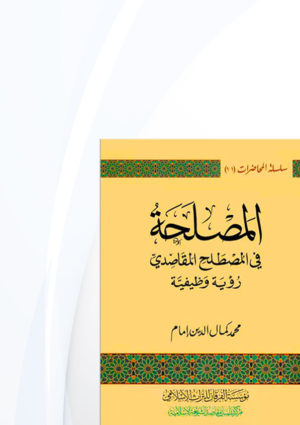Summary
This lecture focuses on the subject of the consequences of acts as a method for dealing with the nawāzil (novel, unprecedented occurrences) and with the practical issues in all the Islamic schools of thought. It considers the consequences of acts as the objective framework that guarantees the integrity of the work of the mujtahid as an independent interpreter of the Sharīʿah laws and of their subsequent application to the acts of the Muslims as mukallafīn (implementers of Islamic laws). The consequences of acts are also presented as the framework for verifying the objectives of Islamic law as well as ascertaining the points from which the rulings are formed.
The investigation of the consequences of acts is linked to many sources of legislation. In fact the relationship between some of these sources and the consequences of acts, like the closing of the door of pretext (sadd al-dharāʾiʿ), is a relationship of cause to effect, behaviour and result. This relation has its extension in the link between the means and the objectives as legally permissible. This is because each means that involves the implementation of the legislator’s intention in its regard is legal even if it is not allowed. Similarly, every means that clearly contradicts the legislator’s intention is invalid even if it is originally permissible.
This lecture is a continuation of the lecture on The Public Interest in the Term of the Purposes of Islamic Law – a Functional Vision. It will be followed by a third lecture under the title Al-Taʿlīl (resort to the concept of ʿillah or cause) in the Terminology of the Objectives of Islamic Law, which will bring to a close the research on the terminology of Islamic law.






Reviews
There are no reviews yet.